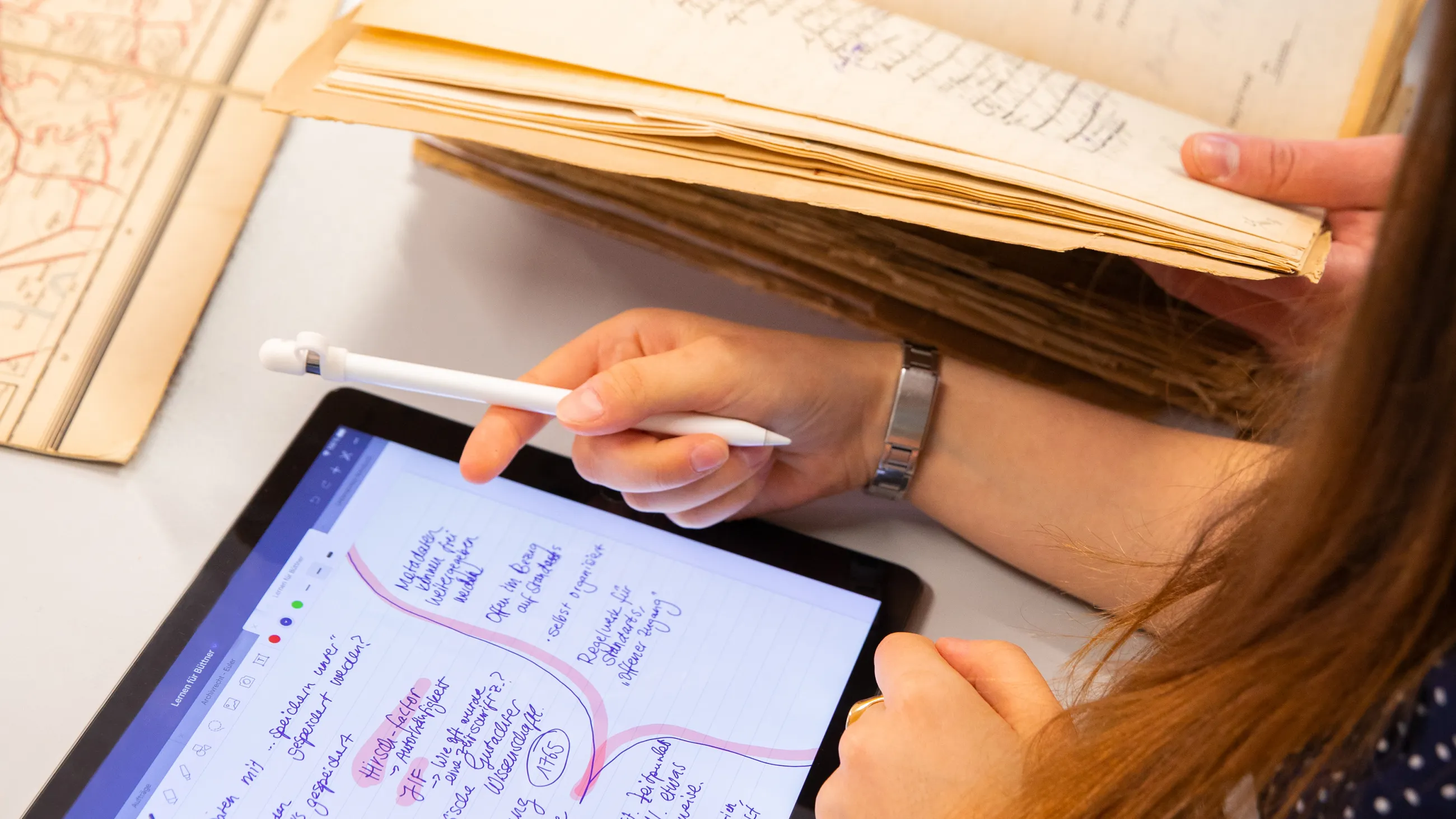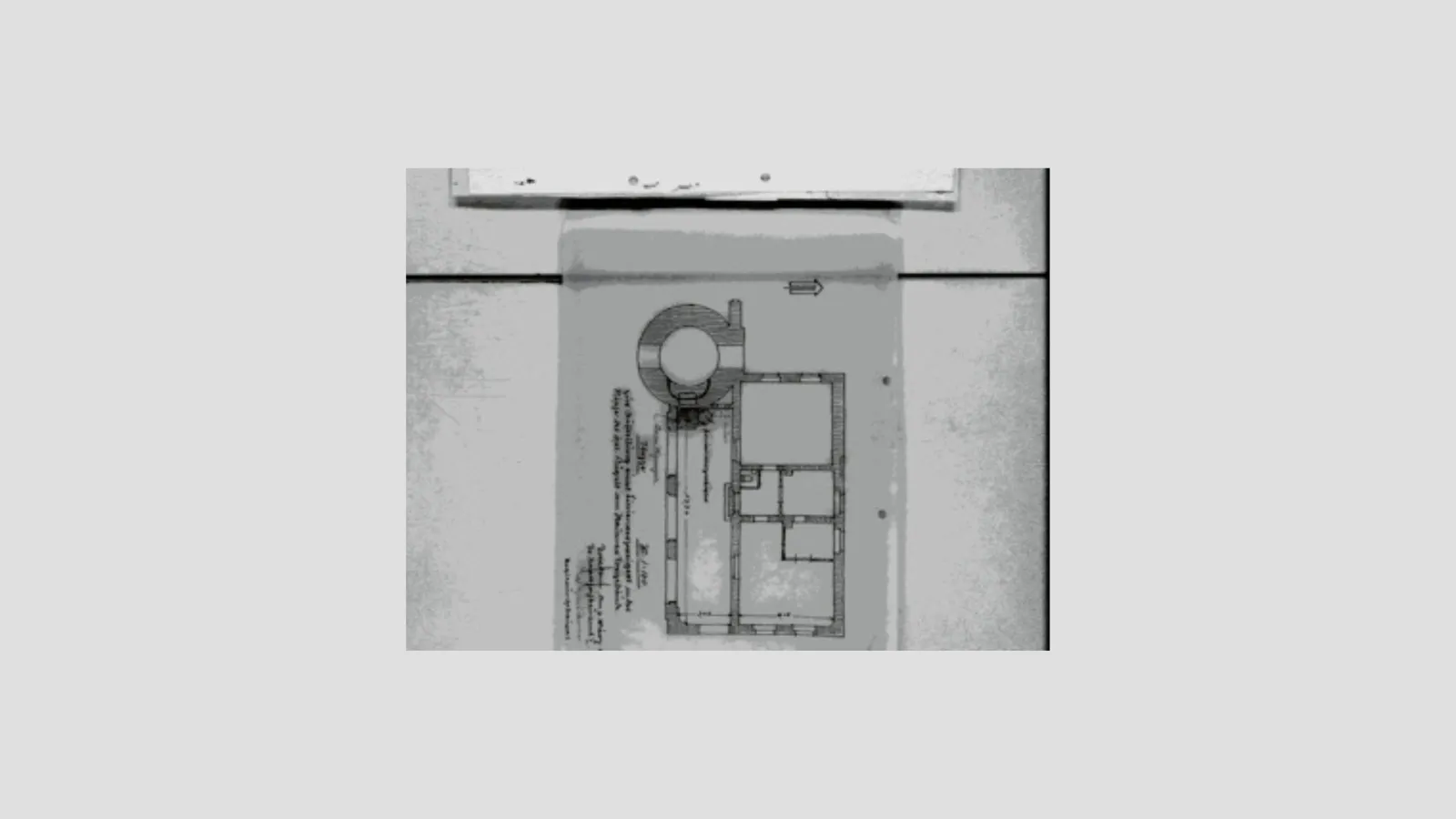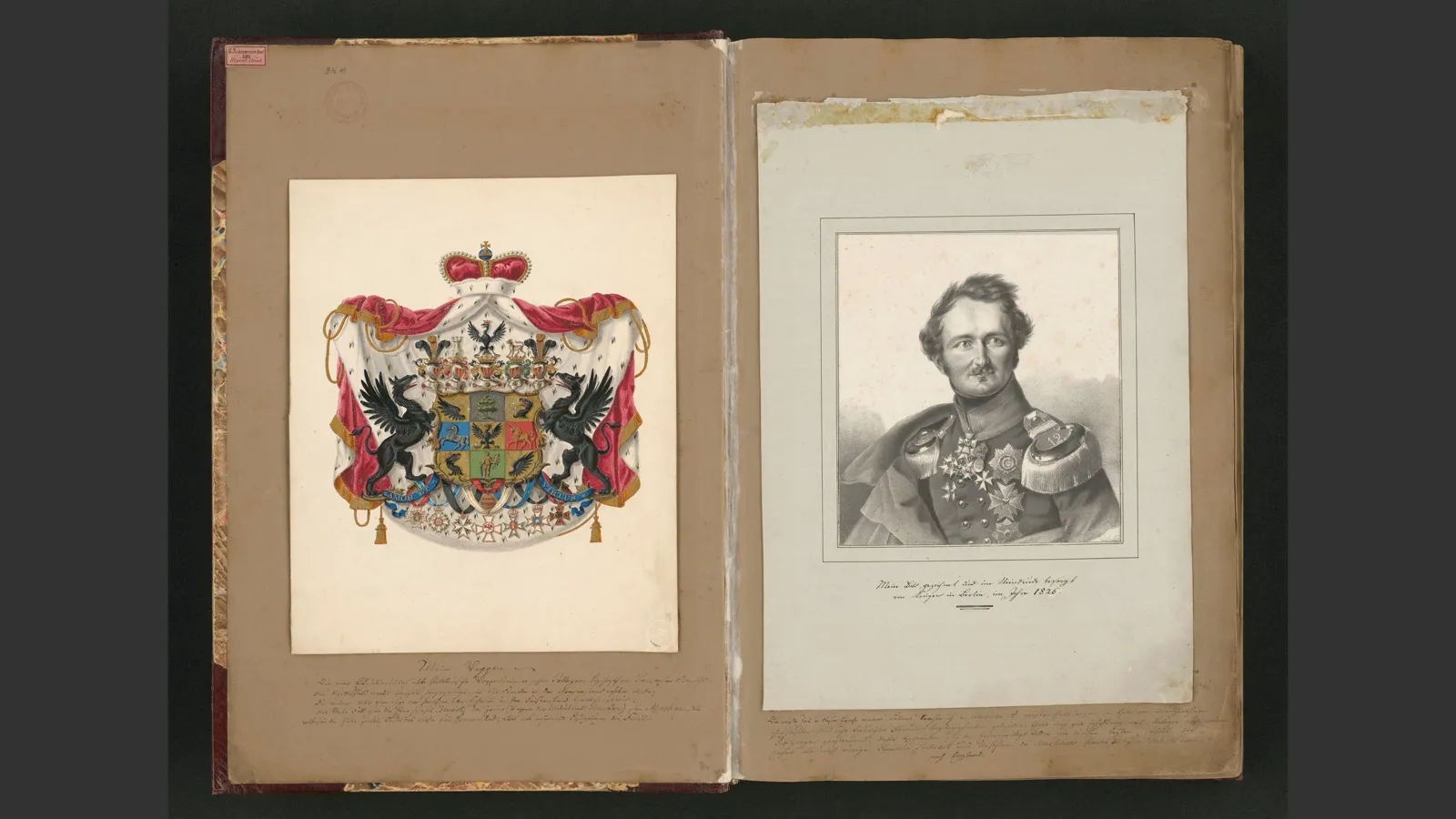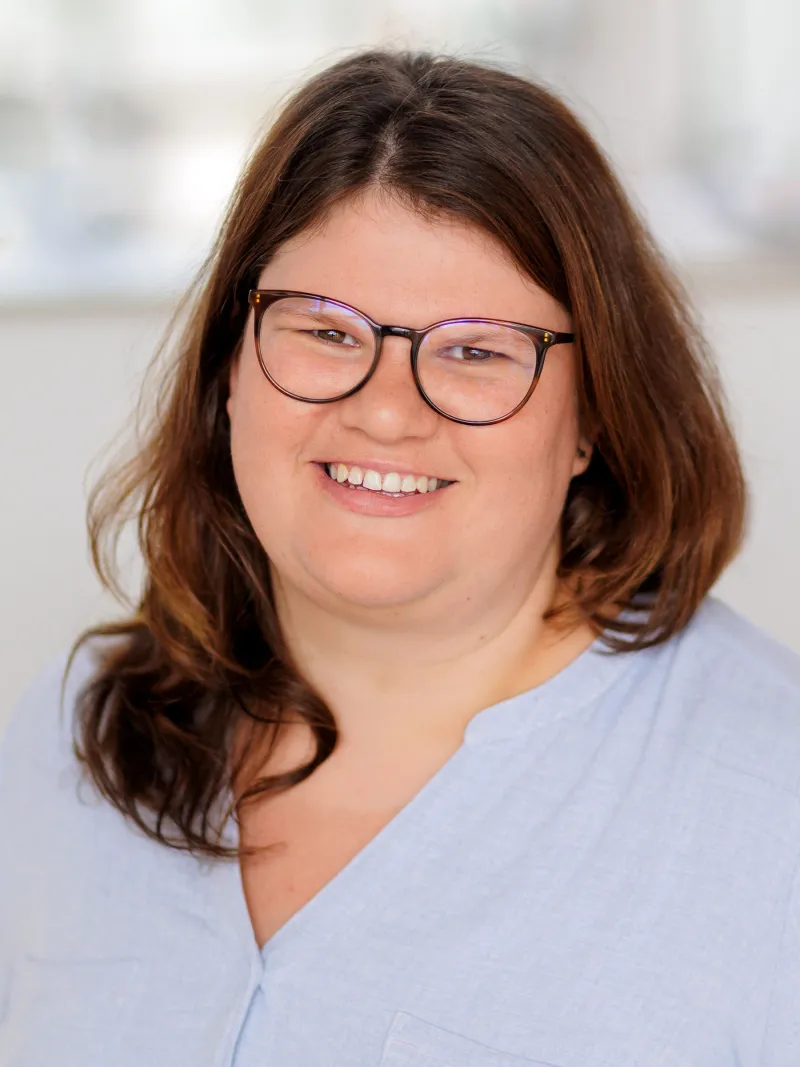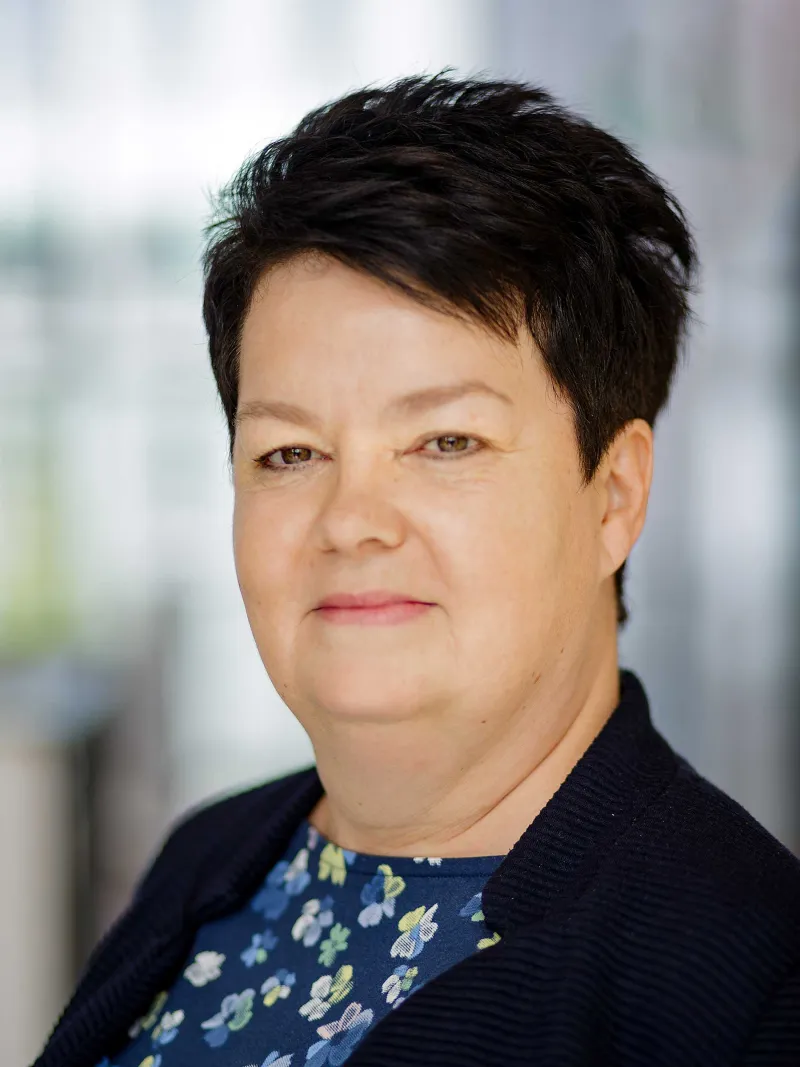Archives are the memory of society. During your studies, you will learn to assess analogue and digital products according to their relevance for the future and to make them available to interested parties in a way that is suitable for their use. The high level of practical relevance during the degree programme gives you an authentic impression of your future versatile field of work. Whether in a public archive or in a private company: The specialist knowledge gained and the methods learned are in demand on the job market and help graduates of the archives degree programme to achieve wide-ranging career opportunities.
Archival Studies (BA)
7 semesters
15/06 – 15/08 (free of admission)
210 ECTS credits
Profile
Helping to shape the memory of society
Contrary to the often widespread prejudice, archivists do not deal exclusively with dusty documents from times long past. On the contrary: the long-term digital archiving of virtual sources, for example, is an important part of their studies.
In the seven-semester archival studies degree programme, you will learn how to responsibly assess analogue and digital media according to their significance for scientific research, how to prepare sources for the scientific and non-scientific public and how to communicate them to specific target groups. The course content is interdisciplinary and, in addition to history, administration and data management, also covers topics such as law, business administration and project management, but also marketing and public relations. A six-week internship and a practical semester give you early access to the professional world.
You want to apply? Start your studies at FHP!
Is this degree programme right for me?
The Bachelor's degree programme in archives combines intensive practical relevance with a family atmosphere between fellow students and teachers. Just 43 archives students share the motivation to both deal with historical data and preserve cultural heritage.
You bring these qualities with you
- Curiosity about lifeworlds and ways of doing things in the distant and near past
- Interest in historical and social processes
- structured and analytical thinking skills
- good expressiveness in speech and writing
- motivation to work with historical writing and writing materials
- motivation to deal with digital contents and technologies, affinity to modern information technology
- basic IT skills
- willingness and ability to communicate
- Ability to work in a concentrated manner over a longer period of time
- Independence, organisational and team skills
Online Study Choice Assistant
Would you like to find out more about the archival studies degree programme, get opinions and tips from students and lecturers or take a look at typical study tasks?
With the Online Study Choice Assistant (OSA) you can test whether the degree programme suits you.
Podcast of the Campus Specialists
Carolin studies archival studies and is a campus specialist. In her podcast, she and Santiago, who is studying library science, report on their degree programme and provide a variety of insights into everyday student life.
Information day for prospective students on 31st of May 2024
Would you like to get to know the study contents better, talk to students and discover the campus? Come to the info day of the archival studies, library sciences, information studies degree programmes of the information sciences department on the 31st of May!
Contact
The colleagues at the student counselling service provide information to prospective students, first-year students, parents, teachers and students on all general questions about studying. If you have specific questions or concerns about the bachelor's degree programme in archival studies, please contact the subject counselling service.
Subject Counselling Service
These degree programmes might also interest you
More courses| Department | Degree programme | Teaching language | Start of study | Application deadline |
|---|---|---|---|---|
| |
Archival Sciences (MA) | German | Winter semester | 15/05 – 10/06 in odd-numbered calendar years (admission restricted) |
| |
Archival Studies (BA) | German | Winter semester | 15/06 – 15/08 (free of admission) |
| |
Information Studies (BA) | German | Winter semester | 15/06 – 15/08 (free of admission) |
| |
Library Science (BA) | German | Winter semester | 15/06 – 15/08 (free of admission) |
Career Prospects
Career Prospects
The archival studies degree programme trains you for work as an archivist in all areas of archival studies. As a fully qualified archivist, you can expect numerous new tasks and fields of work outside of archives, especially due to digitisation. After the Bachelor's degree, you can often start your career directly.
Work in archives
- state archives
- municipal archives
- church archives
- business archives
- parliamentary, party and association archives
- media archives
- archives of universities and other scientific institutions
- archives of associations and social movements
Work in institutions, with public authorities or in private companies
- registries of public authorities
- museums
- memorials
- corporate archivist
- as curator for private estates etc.
Master's programmes and distance learning
For archives professionals:
- distance learning in archives (over four years)
- Master's programme in archival sciences (six semesters part-time)
These degree programmes might also interest you
More courses| Department | Degree programme | Teaching language | Start of study | Application deadline |
|---|---|---|---|---|
| |
Archival Sciences (MA) | German | Winter semester | 15/05 – 10/06 in odd-numbered calendar years (admission restricted) |
| |
Archival Studies (BA) | German | Winter semester | 15/06 – 15/08 (free of admission) |
| |
Information Studies (BA) | German | Winter semester | 15/06 – 15/08 (free of admission) |
| |
Library Science (BA) | German | Winter semester | 15/06 – 15/08 (free of admission) |
Study Content
Course of study in the Bachelor's degree programme Archival Studies
The Archival Studies degree programme combines sound theory with practical training. A clearly structured study plan accompanies you from the start of the programme to your Bachelor's thesis, allowing you to develop your own interests and prepare yourself specifically for a career in archives.
Study content
In the currently valid module handbooks and study and examination regulations of the Information Sciences Department, you will find the module overview, a detailed description of the modules and study contents as well as the study plan for the Archival Studies degree programme.
The course content is based on the German Qualifications Framework for Archives (DQR Archiv). The DQR Archiv is an orientation framework for all qualification offers in the German archiving sector. Archival Studies (BA) is assigned to level 6.
Teaching formats
In the teaching of archival sciences, we work with different forms of learning so that the transfer of knowledge also fits the respective topic and the students' daily study routine is varied.
- Seminars
- Lectures
- Exercises
- Excursions
- Project modules
- Internships
Integrative modules
- Start me up
- Basic concepts and practices of information science
- Copyright and basics of internet law for information institutions
- Project Design
- Lab: Data Literacy
Compulsory modules
- Indexing of archival records
- Paleography and records
- Basics of indexing for archivists
- Appraisal and Records Management
- Web technologies and information systems
- Digital archiving and data management
- History I
- Preservation
- History II
- Provision of information objects and services
- Lab: Archiving in a Digital Context
- Administration and Law
- Archive Management
Elective modules
- Specialisation in Ancillary Historical Sciences
- Archive sections and history
- Historical education
- Advanced archival methods
Projects and excursions
- Depending on current topics and cooperation partners as well as respective offers for visits and specialist conferences
Internships
- Two internships: six weeks after the 2nd semester and 20 weeks in the 5th semester.
Information on internships in the bachelor's programme at the Information Sciences Department
Thesis
- Independent writing of a bachelor's thesis
Downloads
- Studienverlaufsplan Archiv (B.A.) (PDF, 429.86 KB)Der Studienverlaufsplan zeigt den empfohlenen Ablauf des Bachelorstudiums Archiv und gibt einen Überblick über die in den einzelnen Semestern vorgesehenen Module. © Fachbereich Informationswissenschaften
- No. 455Modulhandbuch für die Bachelorstudiengänge Archiv, Bibliothekswissenschaft und Informations- und Datenmanagement (PDF, 1005.62 KB)Module der Bachelorstudiengänge Archiv, Bibliothekswissenschaft und Informations- und Datenmanagement des Fachbereichs Informationswissenschaften
Zur studiengangsbezogenen Ordnung (ABK 454 vom 26.06.2023)Contact: Information Sciences Department
Projects from the department
More projectsDigitisation of Archival Material in the Brandenburg State Archives (BLHA)
Gentle digitisation and sustainable use of digitised files.
Digital Presentation of the Foundation Prince Pückler Museum Park and Branitz Castle (SFPM)
Digitisation of museum collections
Course of studies
The standard period of study for the full-time archival studies degree programme is seven semesters and concludes with a Bachelor of Arts degree. The programme consists of basic compulsory modules, subject-specific compulsory and elective modules, practice-oriented project modules, two internships, interdisciplinary Interflex courses and ends with the completion of a Bachelor's thesis. Subsequently, a Master's degree in, for example, archival sciences can be obtained at the University of Applied Sciences Potsdam.
| Semester 1 – 2 | Basic studies and 6-week internship |
| Semester 3 – 4 | integrative and subject-specific specialisation |
| Semester 5 | Practical semester |
| Semester 6 – 7 | Subject-specific specialisation, Projects, Bachelor thesis and colloquium |
Application & Contact
Dates & requirements for your application
The most important deadlines, dates and admission requirements for the bachelor's degree programme in archival studies are compiled here. You can find out which steps you need to take for a successful application in the next section.
Dates
- by the 15th of August: apply for matriculation
- by the 15th of July: apply for a higher semester in order to continue a degree programme you have already started at University of Applied Sciences Potsdam.
Access requirements
- General university entrance qualification according to the Brandenburg university act: General university entrance qualification or entrance qualification for studies at universities of applied sciences or previous vocational training recognised as equivalent
This is how you apply!
Do you have a university entrance qualification? Then you have the opportunity to submit an enrolment application for the winter semester from 15 June to 15 August on the MyCampus university portal of the University of Applied Sciences Potsdam.
Following online enrolment, upload all required documents as PDF files via the upload portal. Enrolment is only valid once all documents have been uploaded in full and on time.
Documents to be submitted
- an officially certified copy of your university entrance qualification or university degree certificate
- electronic notification of your insurance status for the statutory health insurance for students or electronic notification of exemption from the statutory insurance obligation
- Proof of payment or order confirmation of the semester fee
- Photo for issuing the Campus.Card (upload possible during online application)
- If applicable, certificate of exmatriculation from the last university attended
Please refer to the enrolment application form to find out whether you need to submit any additional documents.
Do you have any questions about the enrolment process at the University of Applied Sciences Potsdam? Our enrolment page offers you further information and a FAQ section on all aspects of admission and enrolment.
Start your studies
After you have successfully completed the application process, we recommend that you take a look at the start of studies page of the information sciences department. There you will find important information and dates regarding the start of your studies at the University of Applied Sciences Potsdam.
Further information
The following links provide you, and especially international applicants, with further information on the topics of application and enrolment at the University of Applied Sciences Potsdam.
International applicants
You would like to apply for studies from the first or a higher semester and have acquired your school-leaving qualification and/or university degree abroad? Then you can have degrees and achievements acquired abroad recognised and study with us.
Application & Enrolment Procedure
The application and study service provides information and advice on general questions regarding the application process, admission and enrolment at the University of Applied Sciences Potsdam, application for a higher semester, but also on topics such as compensation for disadvantages, part-time studies, waiting semesters and hardship applications.
Contact & Services
The student counseeling service provides information and advice on general questions about studying as well as on topics such as choosing a degree programme, application, enrolment and study organisation.
For subject-specific questions on module content, credit transfer, examinations or specialisations in the archival studies degree programme, the subject counselling service is the right place to go.
Subject Counselling Service
Study and Examination Service
Study Info Service
studien-info-service@fh-potsdam.de
bewerbungs-service@fh-potsdam.de
campuskarte@fh-potsdam.de
Study Service
studien-service@fh-potsdam.de
Exam Service
pruefungs-service@fh-potsdam.de
Family Affairs Officer
Office hours
Tue and Thu 9.30 am – 1.30 pm
Accessibility and Inclusion Officer
Office hours
Monday and by appointment
